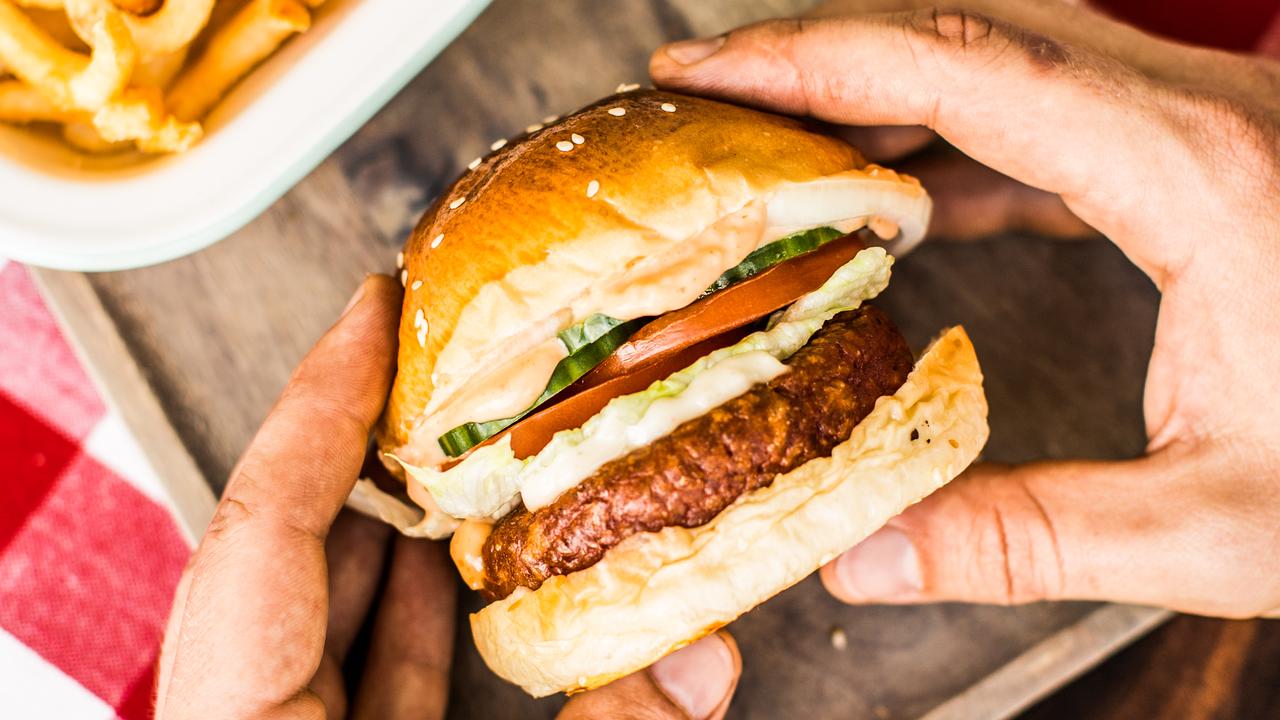Scottish independence: Is the No vote winning because of Scotch whisky?
WE’VE found it. This could be the one massive reason why the Scottish people chose to reject the prospect of independence.
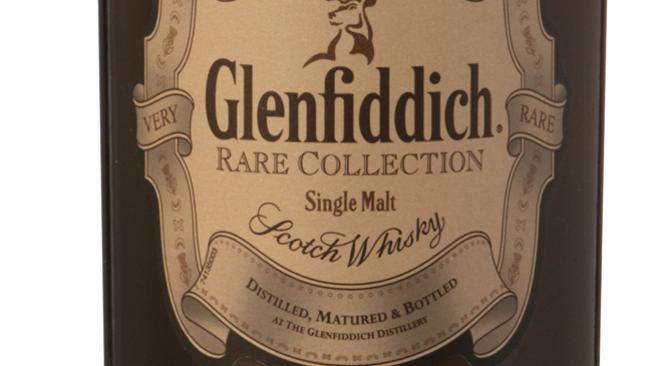
WE’VE heard the arguments about the economy, sense of national identity and political independence.
But does the reason so many Scots are voting No all come down to whisky?
MORE: Fraud alleged as No vote surges into lead
The Scotch industry is worried, with the majority of distillery owners insistent that the country should remain part of the UK.
Scotch has been an emblem of national pride for hundreds of years.
It is the country’s third largest contributor to GDP, after oil and banking, making $AU7.75 billion last year. And if the Royal Bank of Scotland carried out its threat of relocating its headquarters to England if the Yes vote succeeds, it could become even more significant.
The Scotch whisky Association isn’t officially opposing independence, but said: “the consensus within the Scotch industry is that the potential risks outweigh the advantages.”
Here’s why:
1. Access to credit
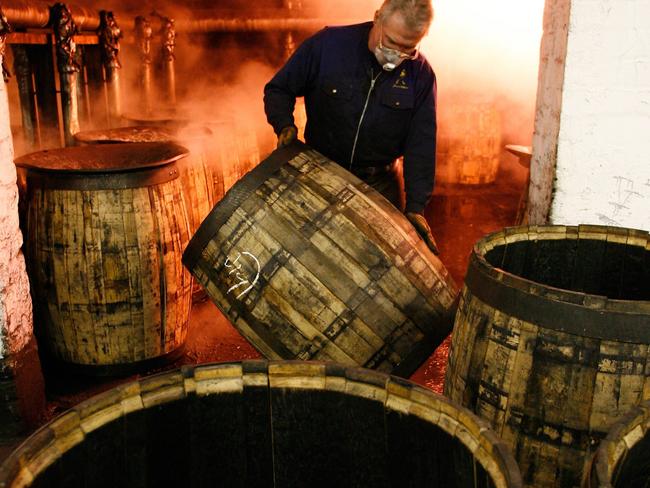
Once Scotland is a smaller country, the banking industry will shrink, limiting the available credit and pushing up interest rates.
Mike Younger, finance director for Macleod Distillers, makers of Glengoyne Single Malt, told CNBC: “I’m nervous because the results could be quite difficult for business.”
Younger said he wass worried credit would become less available “because the full scale of the Scottish banking system at that point will be much smaller and less well defined and less capable than the much richer system that we have across the UK in its entirety.”
If the banking industry suffers, all business will.
2. More barriers to export
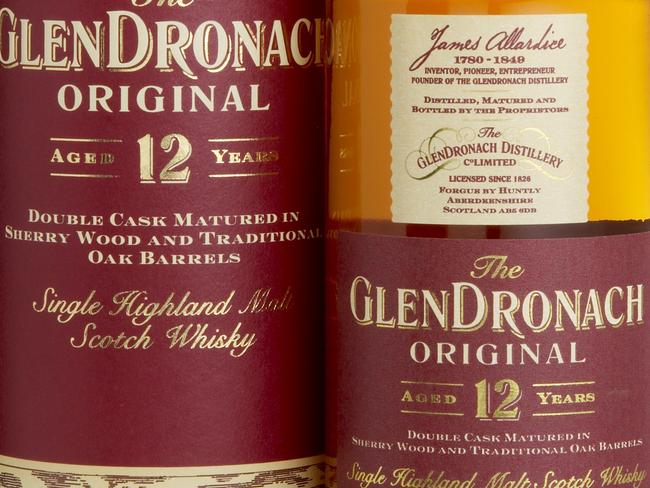
Changes to trade policy could make it harder, and more expensive, to ship Scotch overseas.
Whisky accounts for 20 per cent of the country’s exports, and nine out of ten bottles produced are sent abroad.
The UK is part of the European Union, and faces no trade barriers in member states, which account for 37 per cent of Scotch exports. Some EU countries have suggested they might block an individual membership for Scotland.
Diageo, which makes a variety of scotch, most notably Johnnie Walker, told The Wire: “We would have concerns about any developments which could add cost, complexity or uncertainty to our business in areas such as the currency, EU membership, access to the Single Market and international trade, as well as official support for exports. We still have no clarity in these areas.”
3. Smaller profile
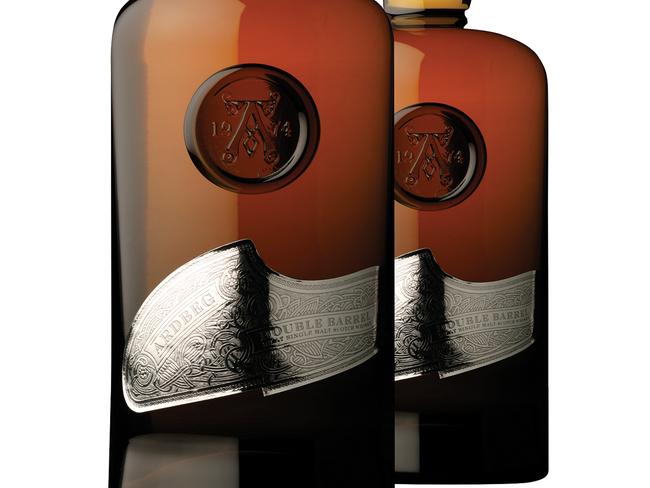
David Williamson, spokesman for the Scotch whisky Association, told CNBC that with the UK “we get an embassy network that lobbies hard for us our behalf when we face problems.
“The UK is very good at that work at the moment, and has a very strong diplomatic network.
“The Scottish government is suggesting less than half of that footprint of embassies around the world, so that’s a potential risk as we try and secure fair access to our export markets.”
4. Losing grip on the market

Scotch can only be made in Scotland, just as Champagne can only be made in the Champagne region of France.
Right now, most countries’ laws recognise that “Scotch” can only be used to refer to whisky that was distilled and aged in Scotland. That’s because the UK, in negotiating trade agreements, requires other countries to abide by the British law regulating Scotch production.
If Scotland left the UK, it might have to renegotiate those trade agreements. other countries might not agree to keep the legal definition that requires whisky called Scotch to be made in Scotland.
5. Less stable economy
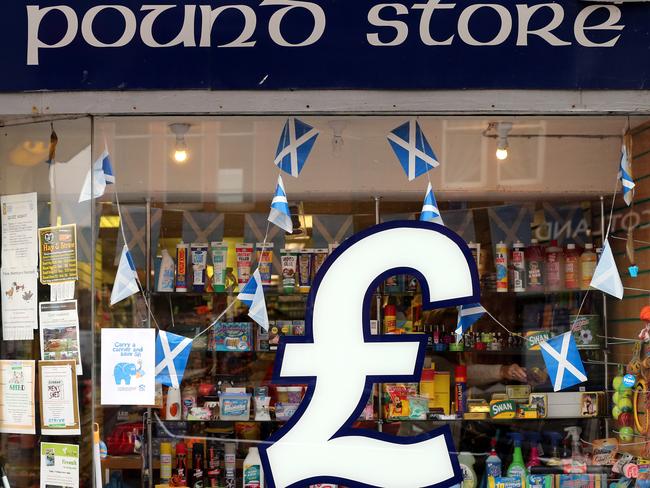
If Scottish currency becomes much weaker than the British pound is today, whisky could get cheaper.
This would be bad for distillers, but good for international consumers in the short term.
However, if the currency got too weak, distilleries would close and the remaining vendors could push up their prices.
6. Taxes

The taxation regime remains to be developed, and any regulatory divergence between Scotland and the rest of the UK may increase costs to business.
Trevor Stirling, an analyst at Sanford C. Bernstein & Co. in London said that the fear is that oil revenue won’t be as bountiful as the Scottish National Party predicts.
In case of a shortfall, whisky “is an obvious place to potentially come looking”, he said. “Everybody in the industry is very nervous.”
7. Supply chain and resources
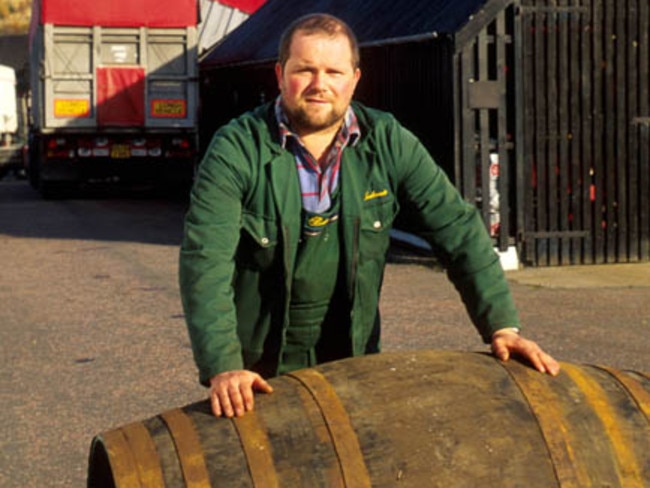
Scotland benefits as part of the UK from a domestic market that is the sixth biggest economy in the world, large enough to support growth and provide a pool of skills, according to the SWA. “We are fortunate to have — on the whole — certainty in our domestic business environment,” it said. “Monetary and fiscal policy is predictably managed.”
A change could affect management of supply chains, pricing, and competitiveness.
Without the support of the EU’s Common Agricultural Policy, “it is uncertain whether Scottish farmers will be able to produce sufficient amounts of barley,” added the report.
Thirty new distilleries in various stages of planning might be jeopardised, Gavin Hewitt, former head of the SWA, told Bloomberg News. “At the moment they’re being brave and going ahead,” he said. But ‘‘uncertainty will slow that pace of investment’’.




